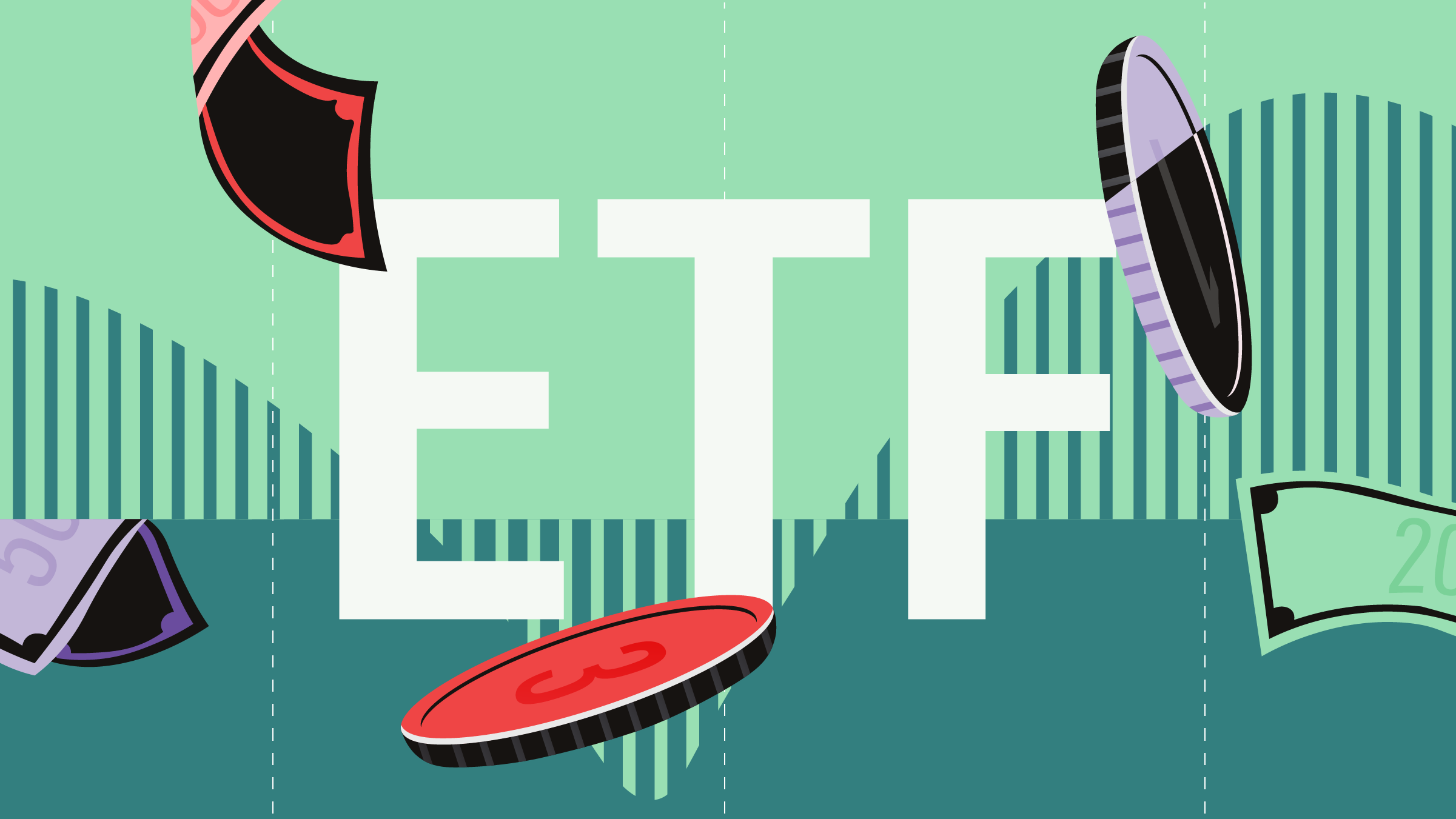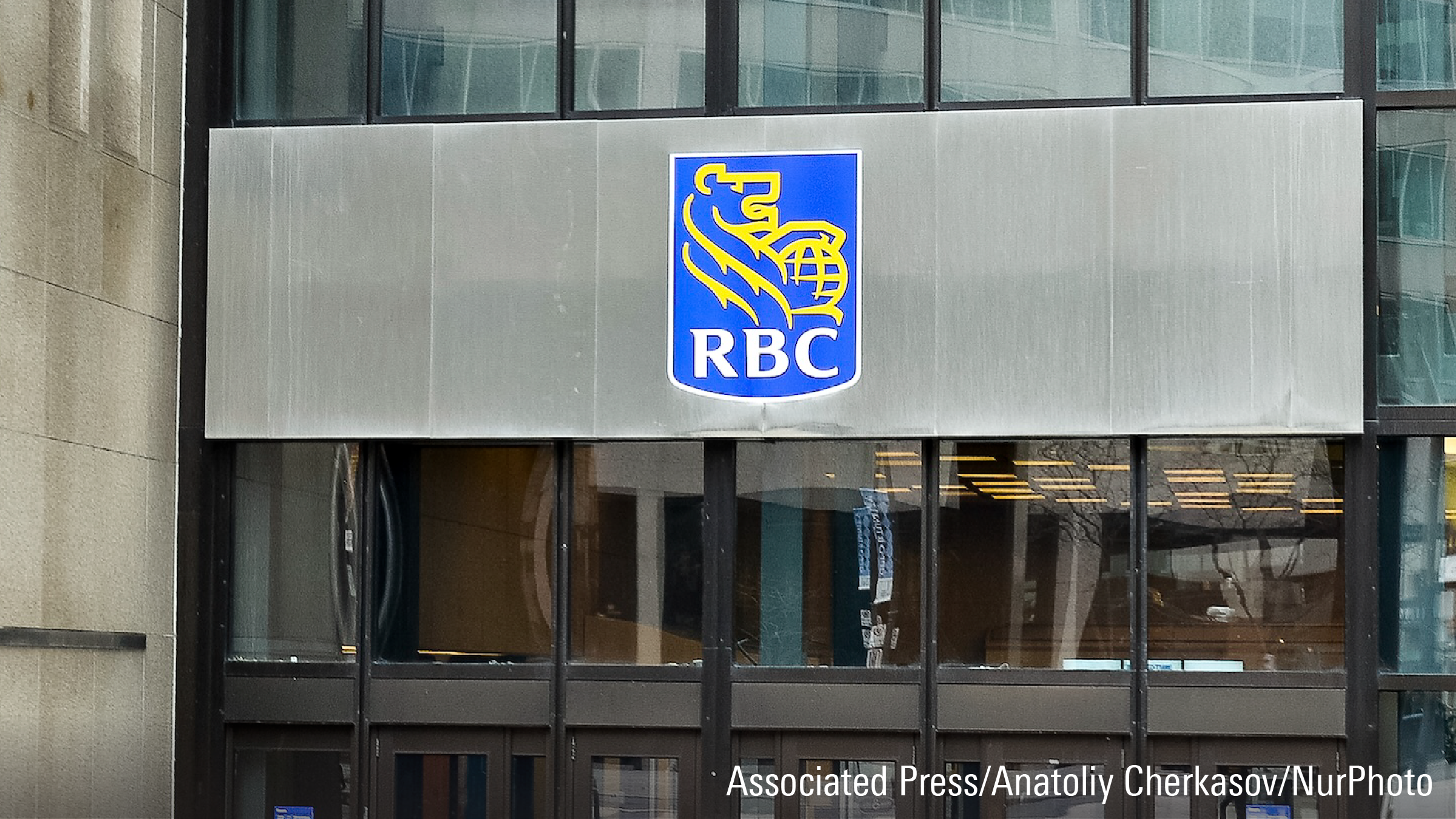Christopher Davis: With a little more than 100 days under its belt the Trump administration reminds me of a line from Macbeth, "full of sound and fury, signifying nothing." In his book, "The Art of the Deal" Mr. Trump recounts how he impressed potential investors to his Atlantic City casino in 1982. Trump worried investors would be scared off if they witnessed a lifeless construction site. So, he ordered crews to dig holes and move dirt around to create the appearance of activity.
He has made the same kind of move again and again in his presidency. He signed 30 executive orders in his first 100 days as President to create the appearance of deregulation on the environment, healthcare and the financial systems, outcomes that the market would generally like. The fanfare surrounding each order creates the impression that something has changed. But most simply direct cabinet secretaries to prepare reports months from now.
Thus far, Trump's intemperate rhetoric on trade hasn't matched reality. He indicated he was ready to withdraw from NAFTA. However, after two quick chats with Prime Minister Trudeau and President Nieto of Mexico he changed his tune. Now, slapping tariffs on Canadian softwood lumber wasn't an encouraging sign to be sure. But the U.S. and Canada have long tussled over the lumber trade, and this isn't anything new.
Yes, the market has fared well since Donald Trump's election. The S&P 500 is up 13% in U.S. dollar terms since November of 2016. That's good by historical standards, but not exceptionally so. Following President Obama's 2012 reelection, the S&P 500 rallied just as sharply. Stocks fell when George W. Bush and Obama were elected for their first terms, but both presidents inherited economies in recession. This is to say that markets are driven more by economic fundamentals than who is in office.
Of course, there are more than 1,300 days left in Trump's first term. A lot can happen. But if the first 100 days teach investors anything, it is that worrying about what the new president says is mostly a waste of time. As always, it's best to tune out the noise and focus on what will drive your investment success over the long run.
For Morningstar, I'm Christopher Davis.

















